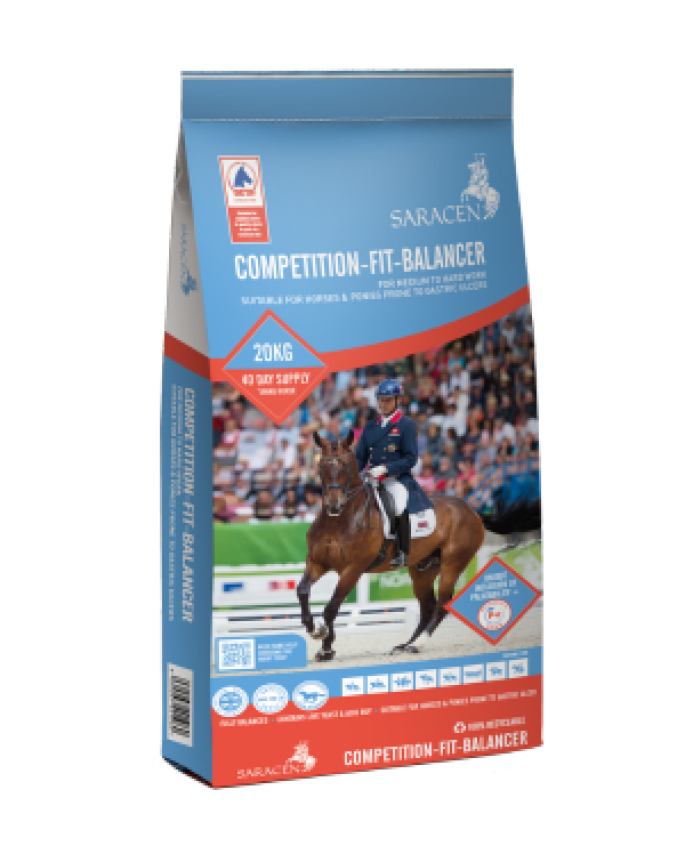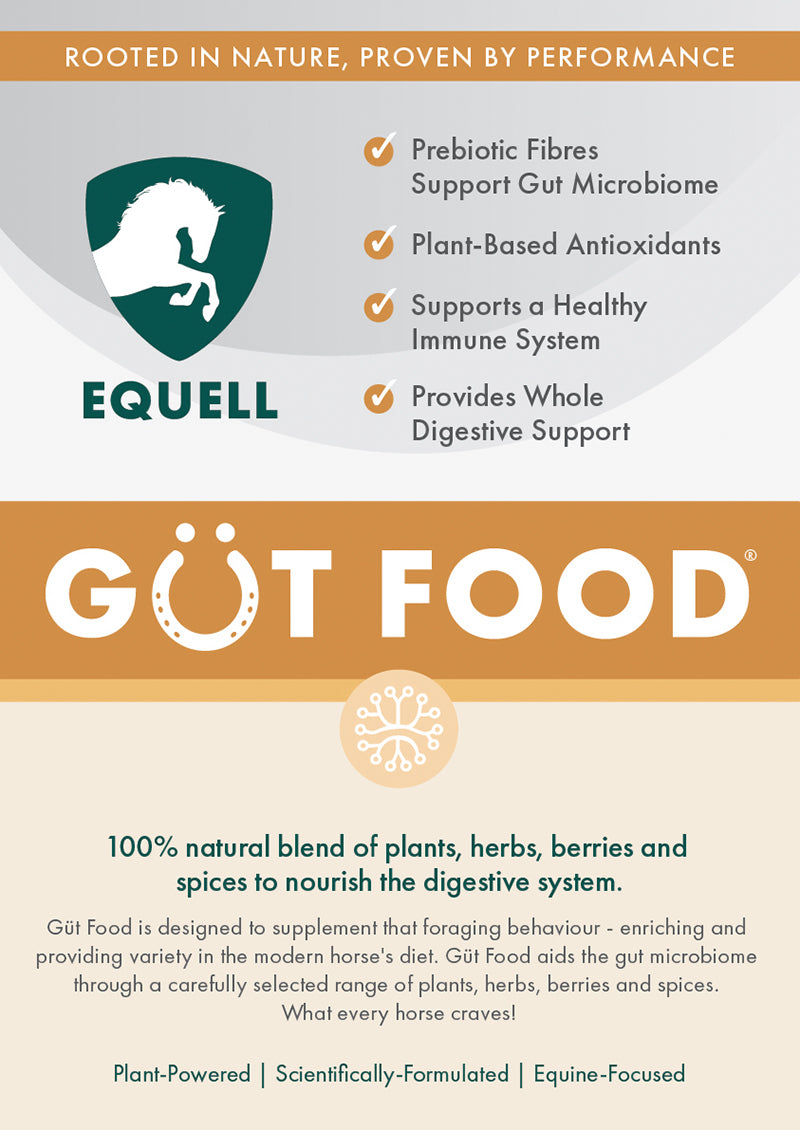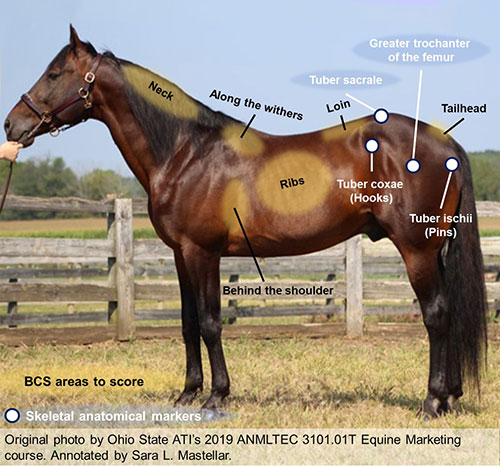Feeding Horses with Skin Conditions: A Comprehensive Guide

Caring for horses with skin conditions requires a thoughtful approach to their diet, as nutrition plays a crucial role in skin health and healing. This article explores how to feed horses suffering from various skin issues, ensuring their diet supports recovery and overall well-being.
Understanding Skin Conditions in Horses

Skin conditions in horses can range from mild irritations to severe infections. Common issues include:
- Dermatitis: Inflammation of the skin caused by allergies or irritants.
- Rain Scald: A bacterial infection often triggered by wet conditions.
- Ringworm: A fungal infection causing circular patches of hair loss.
- Sweet Itch: An allergic reaction to insect bites leading to intense itching.
Proper nutrition can help manage these conditions by boosting the immune system and promoting skin repair.
Key Nutrients for Skin Health
Feeding horses with skin conditions involves ensuring they receive adequate amounts of specific nutrients:
| Nutrient | Role in Skin Health | Food Sources |
|---|---|---|
| Omega-3 Fatty Acids | Reduce inflammation and improve skin barrier | Flaxseed, fish oil, chia seeds |
| Zinc | Supports immune function and wound healing | Bran, oats, commercial supplements |
| Vitamin E | Acts as an antioxidant protecting skin cells | Green leafy forage, supplements |
| Biotin | Promotes healthy skin and hoof growth | Alfalfa, commercial supplements |
Feeding Strategies
- Balanced Diet: Ensure the horse’s diet is balanced with quality forage and concentrates.
- Supplementation: Use supplements rich in omega-3s, zinc, and vitamins as needed.
- Hydration: Maintain adequate water intake to support skin hydration.
- Avoid Allergens: Identify and eliminate feed ingredients that may trigger allergic reactions.
Sample Daily Feeding Plan
| Time | Feed Type | Notes |
|---|---|---|
| Morning | Hay + Omega-3 supplement | Supports skin repair overnight |
| Midday | Pasture grazing | Fresh forage for vitamins |
| Evening | Concentrate + Vitamin E | Boosts antioxidant levels |
Frequently Asked Questions (FAQ)
Q1: Can diet alone cure skin conditions in horses?
A1: While diet significantly supports skin health and healing, it should be combined with veterinary care and proper management.
Q2: Are there any foods to avoid for horses with skin issues?
A2: Yes, avoid feeds that may cause allergies or contain high sugar levels, which can exacerbate inflammation.
Q3: How long does it take to see improvements after dietary changes?
A3: Improvements can vary but generally take several weeks to months, depending on the condition’s severity.
Conclusion
Feeding horses with skin conditions requires a strategic approach focusing on nutrient-rich diets that support skin repair and immune function. Collaborate with a veterinarian or equine nutritionist to tailor feeding plans that best suit your horse’s specific needs.
By integrating proper nutrition with medical treatment, you can help your horse achieve healthier skin and improved comfort.
